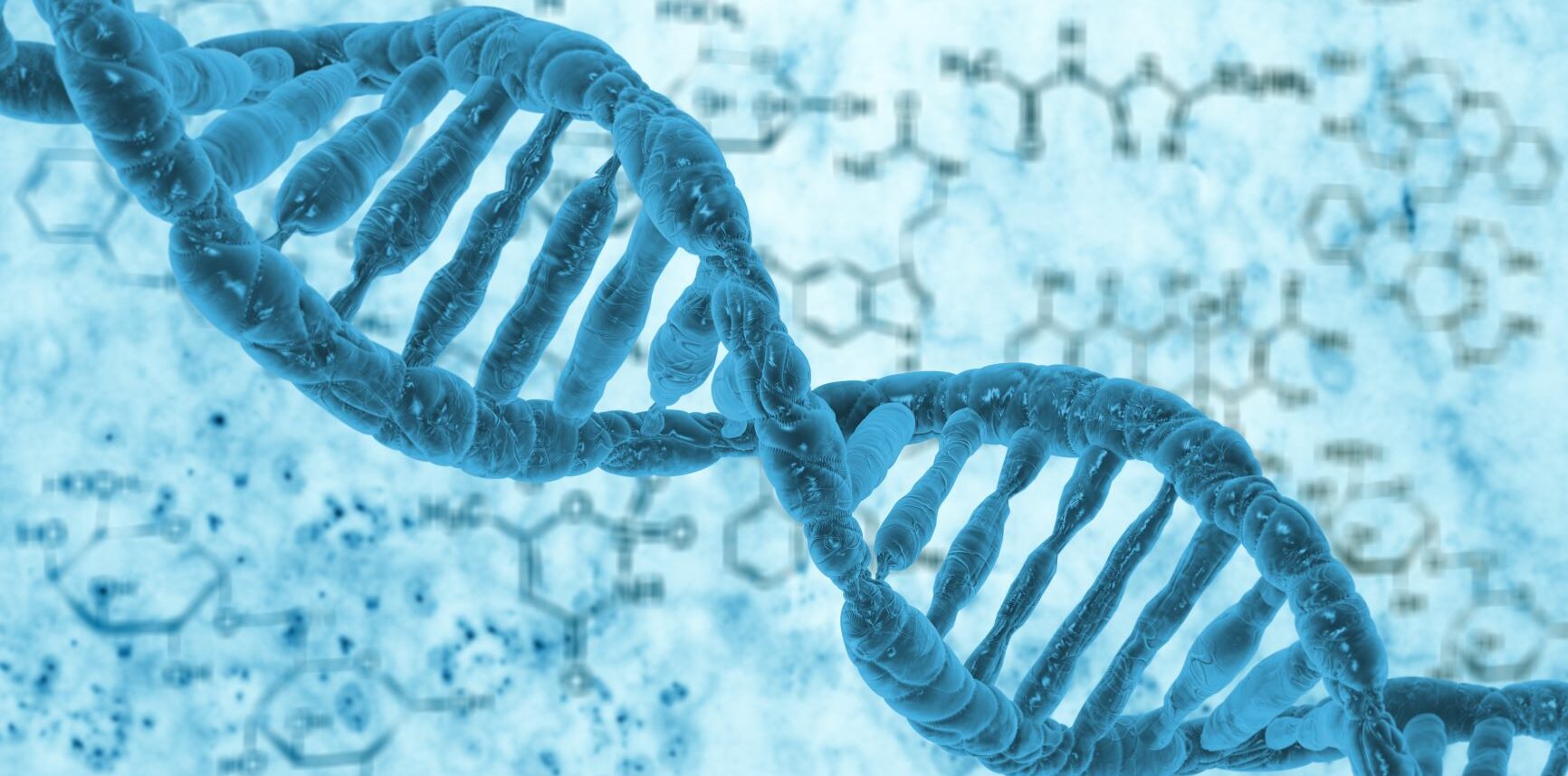p/c Nordic Biosite
Dr. David Hillel Gelernter Ph. D is a Jewish man who is professor of computer science at Yale University. At one point, he believed in Darwinian evolution. But in 2019 he wrote a groundbreaking article called Giving Up Darwin that reveals his reversal on this. It is probably my favorite proof against species-based evolution because it is neither biological nor theological, but rather mathematical. I encourage you to read the entire article, but one excellent paragraph reads thus:
“Do the numbers balance out? Is Neo-Darwinian evolution plausible after all? Axe reasoned as follows. Consider the whole history of living things—the entire group of every living organism ever. It is dominated numerically by bacteria. All other organisms, from tangerine trees to coral polyps, are only a footnote. Suppose, then, that every bacterium that has ever lived contributes one mutation before its demise to the history of life. This is a generous assumption; most bacteria pass on their genetic information unchanged, unmutated. Mutations are the exception. In any case, there have evidently been, in the whole history of life, around 1040 bacteria—yielding around 1040 mutations under Axe’s assumptions. That is a very large number of chances at any game. But given that the odds each time are 1 to 1077 against, it is not large enough. The odds against blind Darwinian chance having turned up even one mutation with the potential to push evolution forward are 1040x(1/1077)—1040 tries, where your odds of success each time are 1 in 1077—which equals 1 in 1037. In practical terms, those odds are still zero. Zero odds of producing a single promising mutation in the whole history of life. Darwin loses.”
In other words, genetic mutations are always deleterious, never advantageous. A species could never jump to a more advanced organism through mutation. Why? Because of the very definition of a mutation. But even if it could, survival of the fittest flowing from genetic error is impossible. It’s would be like the thousand proverbial monkeys hammering on a keyboard as humans wait for them to produce Shakespeare’s Hamlet. How long would it take? A thousand monkeys would never be able to randomly reproduce on typewriters a play by Shakespeare, even in a trillion years raised to the trillionth power.
This is tied to the erroneous belief that Catholic dogma can evolve. About a hundred years ago, the heretical Jesuit priest Pierre Teilhard de Chardin made a connection between “Darwinian evolution” and his alleged-evolution of Catholic dogma.
But Pope St. Pius X was warning against that connection even earlier: To finish with this whole question of faith and its shoots, it remains to be seen, Venerable Brethren, what the Modernists have to say about their development. First of all they lay down the general principle that in a living religion everything is subject to change, and must change, and in this way they pass to what may be said to be, among the chief of their doctrines, that of Evolution. To the laws of evolution everything is subject – dogma, Church, worship, the Books we revere as sacred, even faith itself, and the penalty of disobedience is death.—Pope St. Pius X, Pascendi Dominici Gregis, On the Doctrines of the Modernists, 8 Sept 1907, paragraph #26.
Most of you know that Pope St. Pius X taught that “modernism is the synthesis of all heresies.” But notice he just wrote “the chief of [modernists’] doctrines” is “evolution.” He seems to imply that belief in Darwinian evolution is the problem, but then he adds that these “laws of evolution” are applied to “everything” including “dogma [and] worship.” It is a stunning connection, revealing modernists erroneously thought both species and Catholic dogma could evolve past its original God-given creation into something “better.”
Some Catholics at this point might balk at the connection, citing Cardinal Newman’s Essay on the Development of Christian Doctrine. But in that 480 page “essay,” the Cardinal is not talking about a mutation to the Deposit to the Faith. In that essay, he writes, “No doctrine is defined until it is violated.” In other words, the Church mines deeper into her original Deposit of the Faith in order to counter the heretics of any specific age with new rebuttals.
Notice that Newman is saying that while the Catholic Church can promote no new dogmas, we may explore new apologetics of the old faith in order to help the faithful avoid new errors. Such creative and charitable rebuttals coming from the saints of any certain époque of Church history are always based on helping those heretics of that same époque accept the ancient Faith. That ancient Faith is the once-delivered Faith that came from Christ to the Apostles. Dogma can never change by subtraction.
But the clowns at the “Synod on Synodality” are teaching dogma can “evolve,” especially on matters of the 6th commandment, gender roles and liturgy. They’re wrong. Why? Because the Blessed Trinity is the author of both biological and theological reality. And God has decreed no changes (or very few) to both His Creation and Divine Revelation. That is why the theory of evolution is an offense against both.
At the General Judgment, we will all see clearly: What was thought to be the evolution of the species in Darwinian evolution is only the devolution of human thought on creation. Similarly, what was thought to be the evolution of dogma at the Synod on Synodality is only the devolution of human thought on Divine Revelation. That is because mutations in biology and theology are always deleterious, never advantageous. Dogma evolves as well as a species—not at all.
